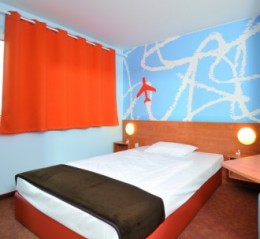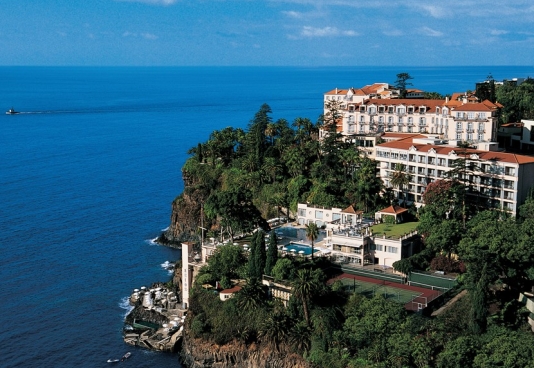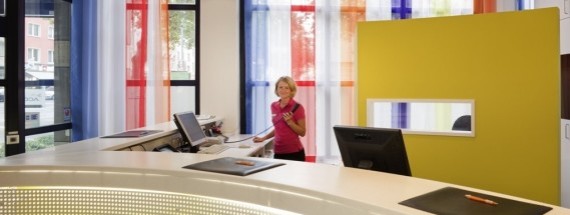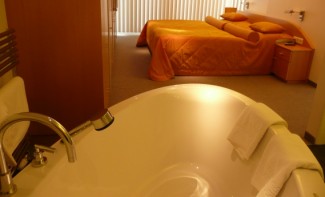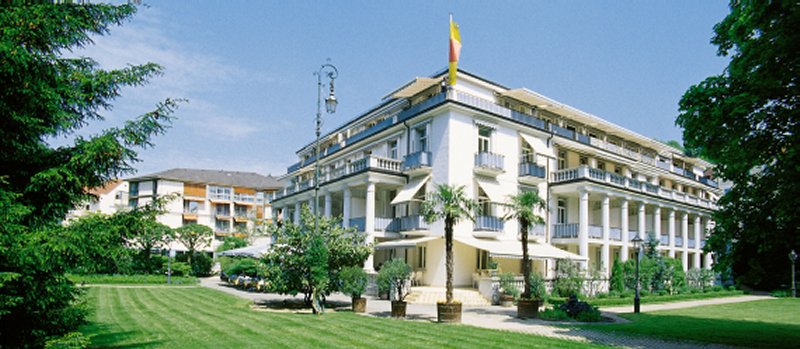
News & Stories
Salzburg. On April 30, 2010, which marks the end of the business year 2009, Austria's leading purchasing association for the hotel and restaurant industry Hogast had to forego increases in turnover for the first time.
Cologne. Worn mattresses are the number one sleeping killer for hotel guests. Some travellers are even willing to pay more for a comfortable bed. This has been revealed by a study about bed and bathroom.
Wiesbaden. Airport hotels rub their hands and others benefit from high guest volumes: The Icelandic volcano Eyjafjallajökull has sent the European tourism industry into a spin over the last week. Dealing with the unusual situation is a challenge for the hotel industry. How have hoteliers reacted to cancellations for "force majeure"? What are they charging guests who have been forced to extend their stays? The Austrians have been cool: They compare the situation experienced over recent weeks to that of ski destinations which have in the past been cut off by avalanches. hospitalityInside.com asked hoteliers in Germany, Austria and Switzerland for their views.
FF&E decides
Frankfurt. USALI, the Uniform System of Accounts for the Lodging Industry and internationally recognised accounting system, has become a standard throughout the hospitality industry. This image has become fixed in the minds of many investors causing them to overlook new updates. Hotel consultants often take a closer look, which is why one of them wants to hint at some new details in connection with cap clauses.
Grubby rooms
Munich/Salzburg. Guests vent their anger about bathrooms and food on the internet. TrustYou, a search engine for internet evaluations, reveals the painful consequences of negative ratings. Most criticism is focussed on the room. An old wisdom proves its worth: Negative comments have greater impact than positive ones. Austria's hotels intend to counter the effect.
Berlin. In a "cat-and-mouse" encounter of the merits of "chained over unchained" and "branded over unbranded", an animated debate at this year’s International Hotel Investment Forum in Berlin prior to ITB resulted in something of a stalemate between representatives of each side of the equation. This is not to say that the session, ably moderated by Michael Hirst of CBRE Hotels, was not lively or impassioned.
Bad Laasphe/Arolsen. As expected, the Ramada Hotel Bad Laasphe closed its doors on January 28, 2010. Now it is for sale. The most recent quarrel between the parties before the regional court of Siegen has not clarified the situation.
Munich. Accor's focus over the coming years clearly rests on the fields of budget and franchise. This is evident from Accor's recently published Annual Report 2009, though is especially true for Germany - the country with most Accor hotels after France. For the first time, Germany CEO Peter Verhoeven presented German occupancy and RevPar figures. He also explained how the savings from the VAT reduction will be applied.
Zurich. "Traces of faeces on the shower floor", "sperm stains on the mattress protector" – Swiss hoteliers react with anger and concern to a TV report which looked at 20 hotels and found poor hygiene in eleven of them. The report looks at the most basic expectation of any hotel guest - not only in Switzerland. What's clear is that despite the Alpine nation's extensive legislation, it still seems the regulations in place are insufficient. Now, the hotel association hotelleriesuisse intends to increase pressure on hotels through its star categorisation system.
Wiesbaden. Franchise systems are on the up. One reason: The economic crisis has pushed management contracts out of the picture in Germany, and international chains continue to shy away from leases. In difficult times, individual hotels also increasingly seek ways to improve distribution. But who controls the franchisees and watches over the reputation of the brand? How do franchisors ensure that their standards are maintained? Best Western, Choice and Rezidor explain their strategies.



